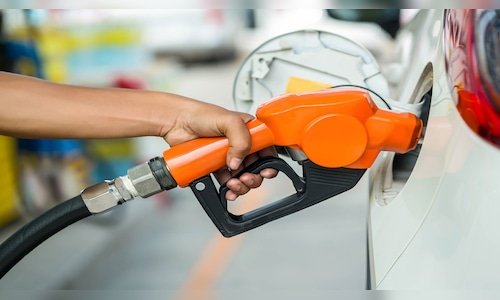The usage of 20% ethanol-blended petrol (E20) could result in a 2–5% decline in fuel efficiency, depending on the type of vehicle, automotive experts told PTI. The concerns come amid ongoing debate over the impact of E20 on engines and mileage, as the government rolls out its ethanol-blending programme nationwide.
“Since ethanol has a lower calorific value compared to petrol, there can be a drop in mileage ranging from 2–5%, depending on the type of vehicle,” an expert told PTI on condition of anonymity. Another industry engineer added that while E20-compatible vehicles are designed for such blends, older vehicles not tuned for E20 could face gradual erosion of gaskets, fuel rubber hoses and pipes over the long term, though not immediately.
Earlier this month, the Oil Ministry dismissed claims of a “drastic” reduction in fuel efficiency, saying the drop is marginal. “For some manufacturers, vehicles have been E20 compatible from as far back as 2009. The question of any drop in fuel efficiency in such vehicles does not arise,” it said.
The ministry also pointed out that ethanol’s higher heat of vaporisation reduces intake manifold temperatures, thereby increasing air-fuel mixture density and boosting volumetric efficiency. “Vehicles tuned for E20 deliver better acceleration, which is a very important factor in city driving conditions,” it added.
In a post on X on August 4, the ministry said the estimated mileage reduction would be only around 1–2% in four-wheelers designed for E10 and calibrated for E20, and about 3–6% in other vehicles.
When contacted, leading automakers Maruti Suzuki and Hyundai Motor India declined to comment on the matter. Tata Motors, however, confirmed that its vehicles are already E20 compliant.
The government’s ethanol-blending programme aims to cut vehicle emissions, reduce dependence on imported crude, and raise farmers’ income by using sugarcane and maize to produce ethanol.
Also Read: PM Modi extends greetings on Parkash Purab of Sri Guru Granth Sahib Ji
